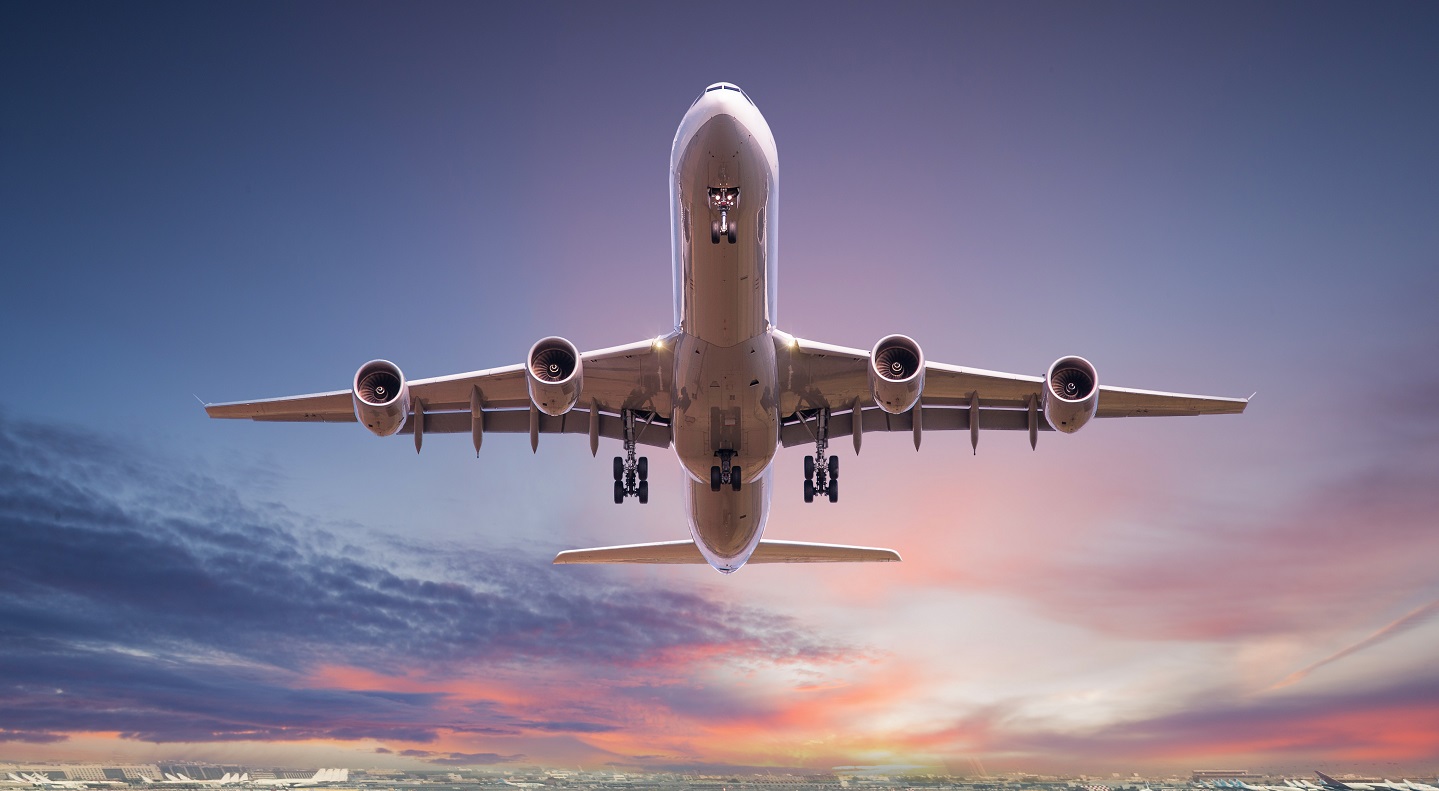Whether for cargo or passengers, air transportation is among the most technologically dependent businesses globally. Aircrafts usually represent advanced engineering pieces and are being updated to incorporate the newest advancements in information, aeronautics, and safety technology.

As a result, it is widespread that emerging technologies can greatly impact passenger services and cargo over the next few years. These burgeoning technological advancements make it simple for airlines to offer traditional services and give rise to new ancillary services, improving client experience. Some of the technological developments changing the aviation sector include:
1. Biometrics
This technology has become a reality and less of a buzzword, with a few initiatives coming to trial and fruition worldwide.
One of the US airlines committed to exploring innovative and new ways to enhance the customer experience and passenger processing through biometrics include American Airlines Data, Transportation Security Administration, and Delta Air Lines.
2. Wearable Technology
Wearable technological advancements have already been carried by a few airlines for engineers and cabin crew. According to Omar Kaddouha, a professional in Aviation Safety of Flights, the former cabin crew and engineers’ uniforms include LEDs to display helpful details, such as numbers.
Engineers may benefit from LEDs in jacket hoods to illuminate work areas and leave their hands free for maintenance and inspection. In-built microphones and cameras allow remotely based colleagues to troubleshoot technical problems, whereas air quality sensors enable wearers to monitor their work environment.
3. Blockchain Technology
Given blockchain technology’s popularity in the financial industry, you can now see many applications in other sectors. The airline sector has just started realizing the benefits of blockchain in different aspects.
Using blockchain, airlines may do away with the importance of depending on physical ID proofs and save passengers’ data in a virtual de-centralized database that relevant people can access. Airlines also use blockchain technology to build strong security for handling customer data.
4. Machine Learning and AI
For the last few years, the aviation industry has been showing great commitment to realizing the full potential of AI with many use cases.
On one side, airports and airlines use chatbots to communicate with passengers, but on the other, to boost various operations.
5. In-Flight Connectivity
Connectivity is becoming necessary for businesses, and the world is significantly interconnected. Airline passengers expect in-flight connectivity in the coming years, eliminating the significance of disconnecting mobile phones in the air.
Many airports offer free Wi-Fi service, and now some have started to provide the provision inside flights. Delta Airlines is taking the initiative to offer Wi-Fi on every international and domestic aviation, allowing passengers to experience an entertaining flight journey.
The Bottom Line!
Driven by an increasing number of passengers and flights going to the skies daily, airports globally have started to evaluate their activities’ efficiency.
Many passengers are now expressing satisfaction with the services offered through technology. Technology like biometrics and machine learning brings about different capabilities in the airport, including information distribution, security, and online booking, to name a few.

